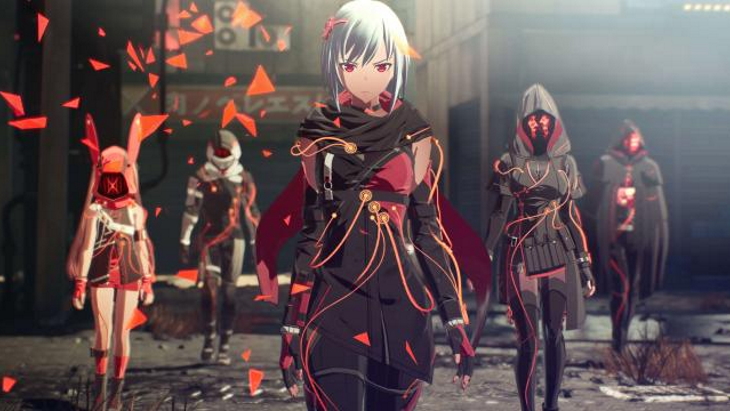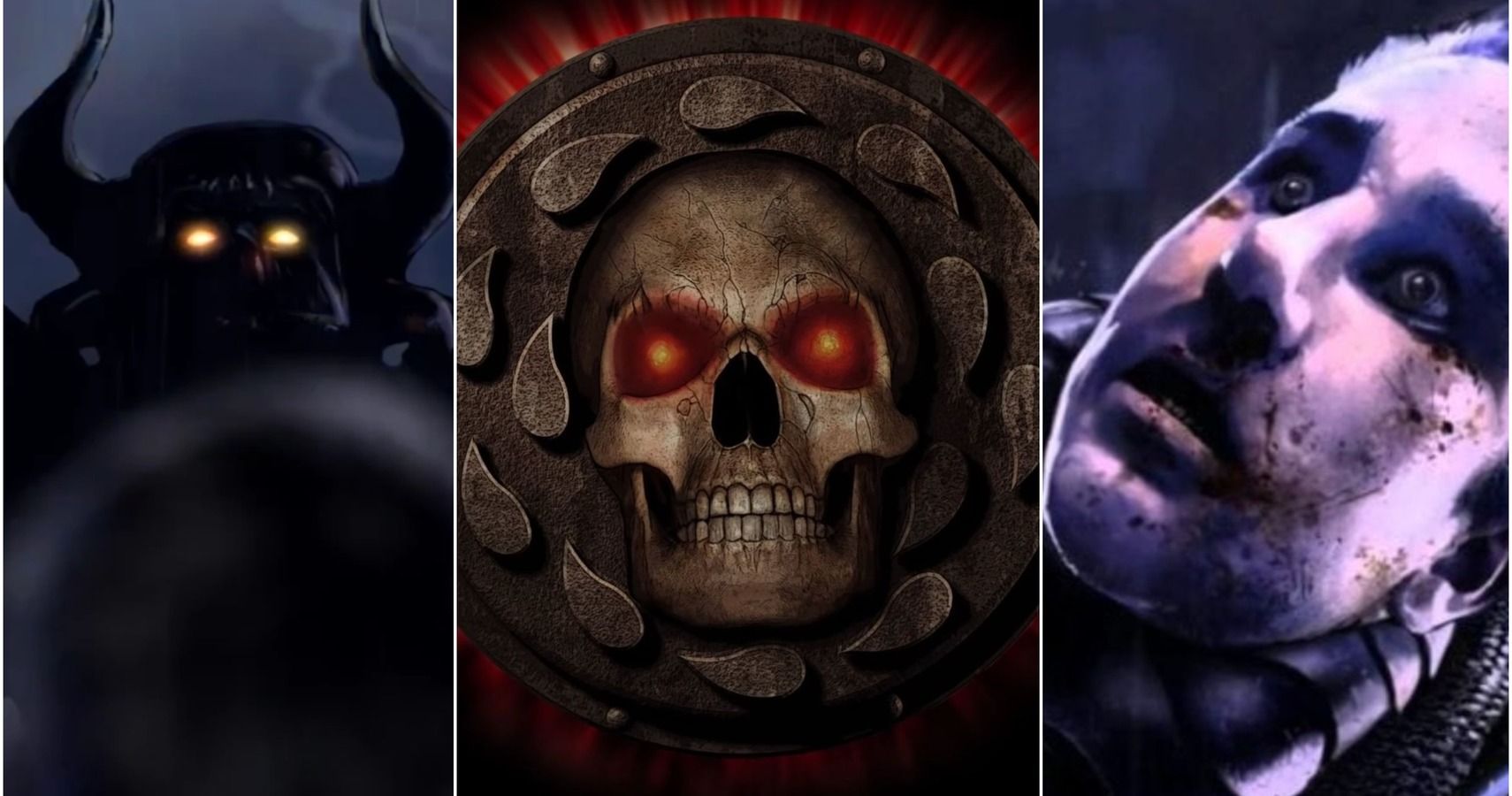
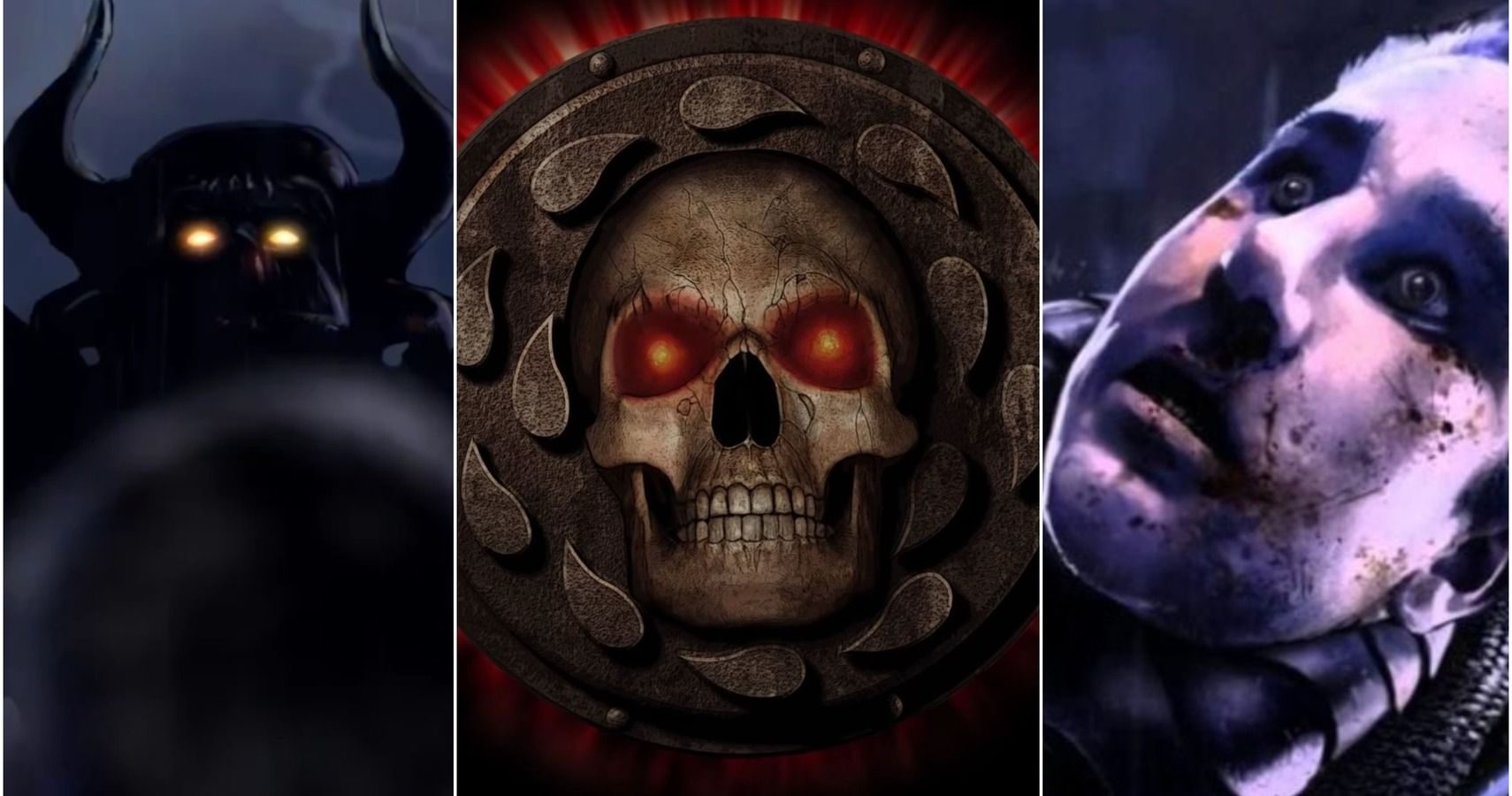
What ends up on the cutting room floor can be just as amazing, or even better, then what made the final cut. In RPG games, where players can customize their adventure along with their character and a wide variety of items and quests are available, there’s a lot that designers don’t get to add or finish.
RELATED: Baldur’s Gate 2: The 10 Biggest Differences Between The Original & Enhanced Editions
Baldur’s Gate is one of the oldest and most iconic of the RPG genre and draws from the extensive library of Dungeons & Dragons for both story and game mechanics, so designers and programmers had a lot of resources during the game’s development. A lot of content was left out of the final draft of the game that was released in December of 1998. The impending release of Baldur’s Gate 3 means that the first two games are getting a lot of love from both fans and the marketing team at Larian Studios. Even the original game now has an updated and improved edition that includes a lot of amazing content that was previously cut.
10 The Tainted Ore Side Quest
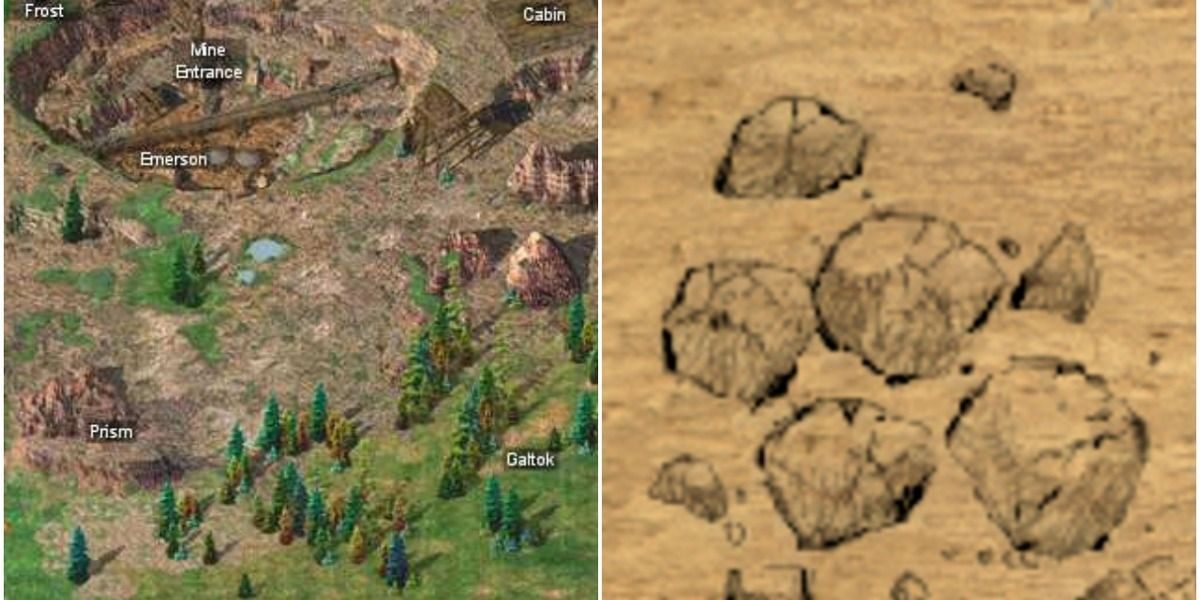
This is an early version of a quest that players need to unlock by doing two things first; looting a Vial of Mysterious Liquid and finish the previous quest to clear the Nashkel Mine. Once the first quest is complete, a second will follow in which the player enlists the help of a craft smith and a wizard to help purify the ore of the poison. In the cut version, the player uses a sample of tainted ore to finish the quest.
If the player has the Vial in their inventory while clearing out the mine, however, they’ll also come across a journal entry that suggests they should take the vial to the same craft smith. His name is Taerom Fuiruim, and two days after you bring the vial to him, his wares improve in quality. This is part of the “Unfinished Business” mod, which also includes changes to Baldur’s Gate 2.
9 The Changeling’s Vest
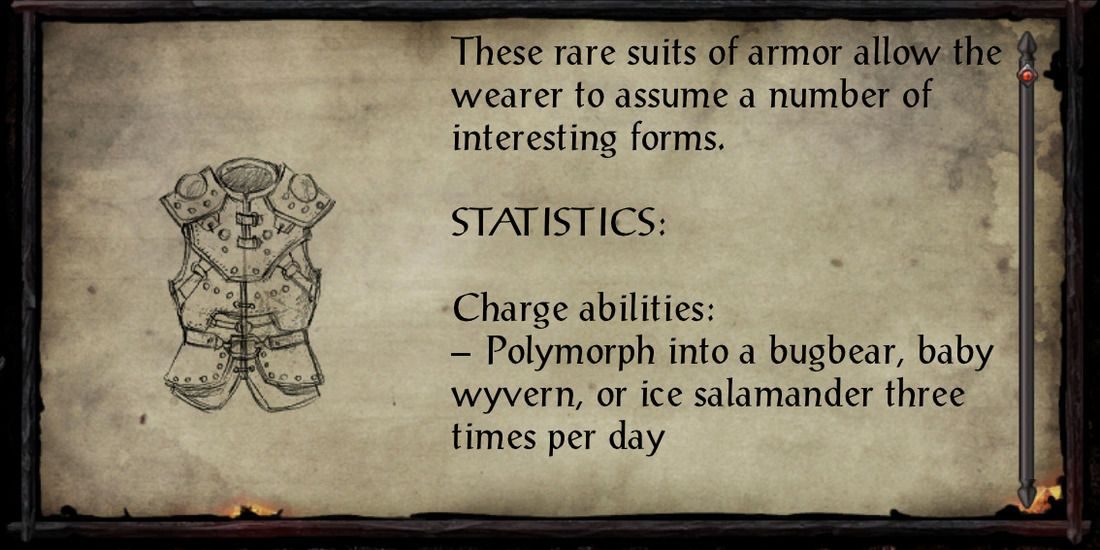
This powerful item is under a few different layers of the gaming onion. It was actually cut content from one of the expansions, The Siege of Dragonspear, but edited out of the final release. It might have been left out just because it’s so overpowered, giving the wearer the ability to change into some impressive and wonderful animals. Players can add it to their inventory manually using the item’s code but it doesn’t have the same abilities. It’s still a great item with the ability to protect the wearer from the annoying Polymorph Other spell.
8 Retrieving The Noble’s Body
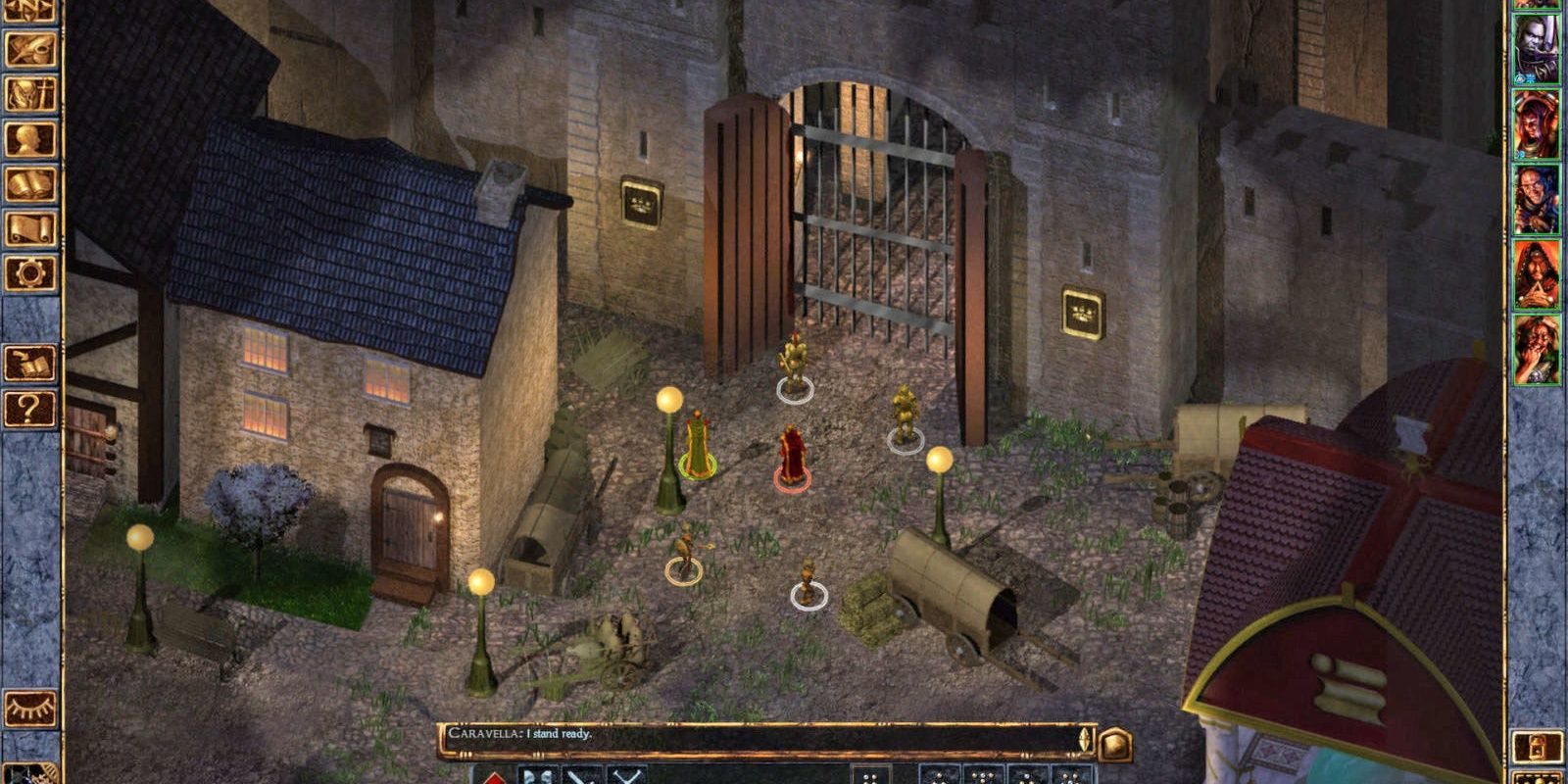
This refers to the restored quests available through a mod entitled “Unfinished Business,” an aptly named mod courtesy of the Pocket Plane Group. This patch is extensive includes restorations and fixes for other features in both the original game and Baldur’s Gate 2. In this case, some extra details and experience points are added to a quest to tie up a loose end.
RELATED: 10 Monsters In Dungeons & Dragons That Can Destroy Any Player
Instead of just retrieving the ring, the player can get extra experience points and gold for bringing the dead body the quest-giver as well. It’s always nice to see a dropped thread get picked up, but did it have to be so sordid?
7 Fog Cloud
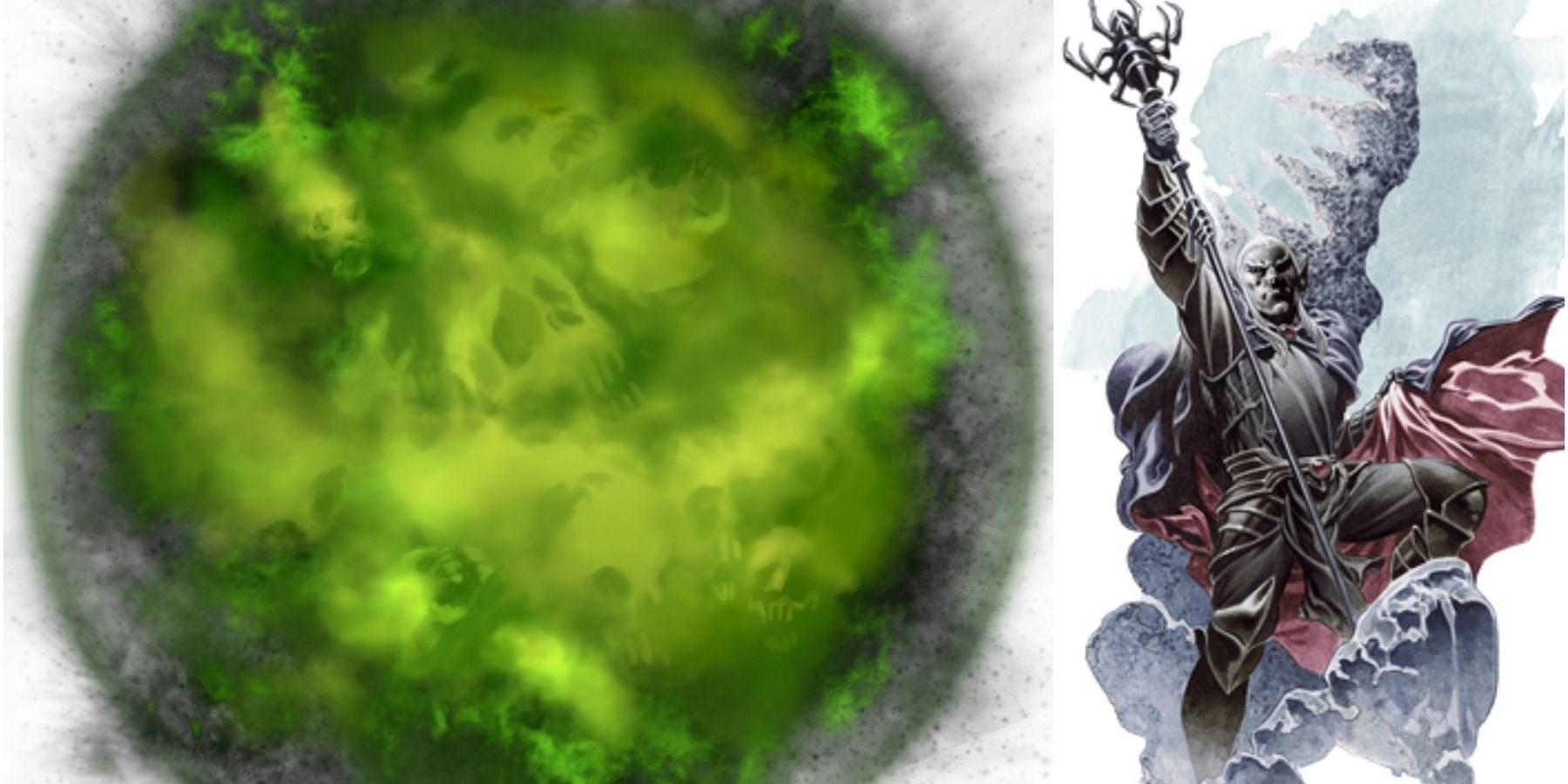
It’s not just cool items or compelling quests that get lost on the cutting room floor. Extras like spells and potions get left behind, too, like Fog Cloud. This spell allowed the caster to summon a harmless cloud that would obscure the vision of all creatures in the area of effect. It’s a level 2 Wizard spell that was left out of the final version, probably because it was redundant with and not as effective as other spells like Cloudkill. On the other hand, the image of a cube of thick fog that a Wizard can control at will sounds like a lot of fun.
6 The Classic Movies
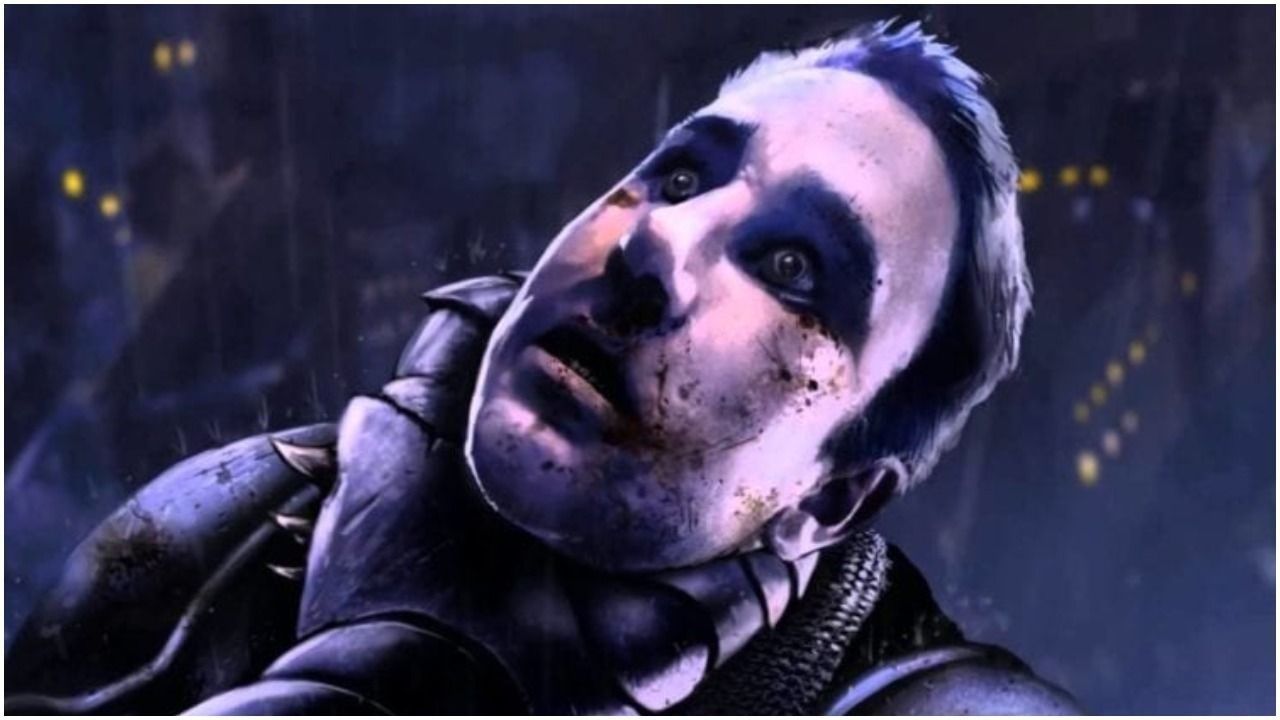
Wait, it even had movies in the first place? That original Baldur’s Gate release included a few extra cinematics but they were reduced to flash animations in the final cut. That includes a scene in the Elfsong Tavern that also restores a previously lost musical track and a video of the protagonist’s arrival in Beregost. There’s a mod that not only restores these videos and others but resizes them to match the game’s aspect ratios, improving the overall quality.
5 The Ghost Locket
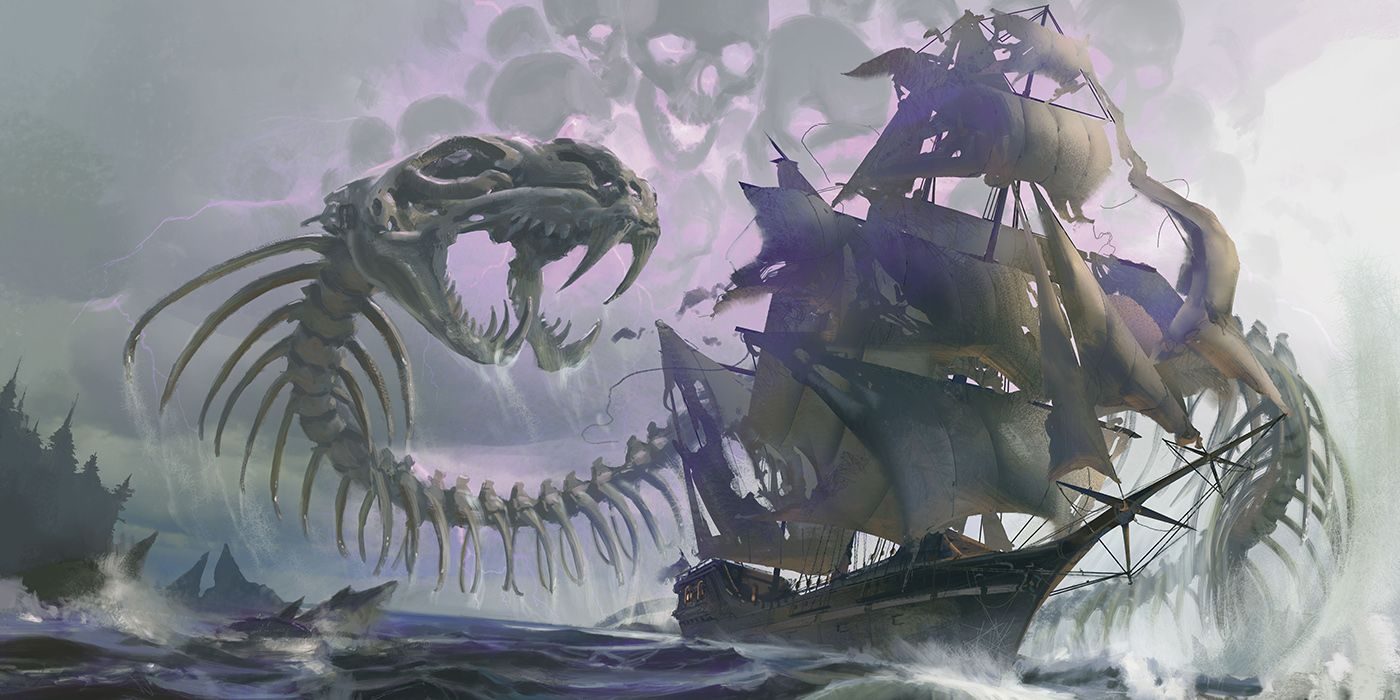
This bit of cut content was likely lost for the same reasons most magical items get left behind. not only because it’s just too overpowered, but also because it’s only usable by a certain class, in this case, a Wild Mage. In the game files, it looks like a simple bit of broken rope tied into a knot, and it gives the wearer a Wild Surge bonus of 5%.
RELATED: Which RPG Should You Play, Based On Your D&D Alignment?
That might not seem like a lot, but when the player checks on the possibilities that exist with the Wild Surge ability at regular strength, buffing the ability at all is nothing short of insane. This is a random magical effect that can have harmless, funny, or devastating results. It’s no wonder that it wasn’t available in the final game and isn’t included in any contemporary mods.
4 Sartessa’s Vengeance
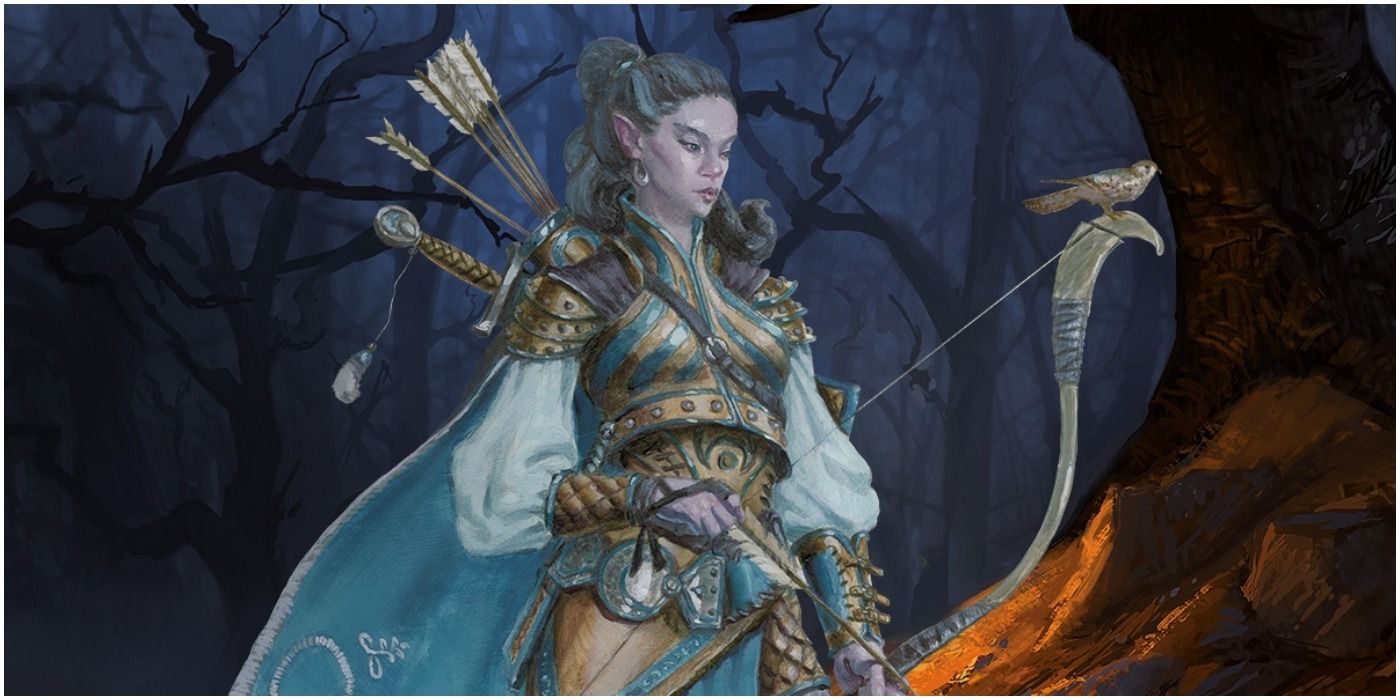
It sounds like the name of a devastating quest, but its true nature is equally incredible. This is the name of a shield that was encoded into the programming of Baldur’s Gate but was never actually integrated into the gameplay. That’s a shame because the lore and stats attached to this thing are nothing less than sick. Sartessa was a half-elven Ranger and the wide-range of enchantments on the shield are the result of her trials as she traveled the Sword Coast. The stats include bonuses when fighting charmed or controlled creatures and immunity to permanent death and Backstab.
3 Ted The Hunter
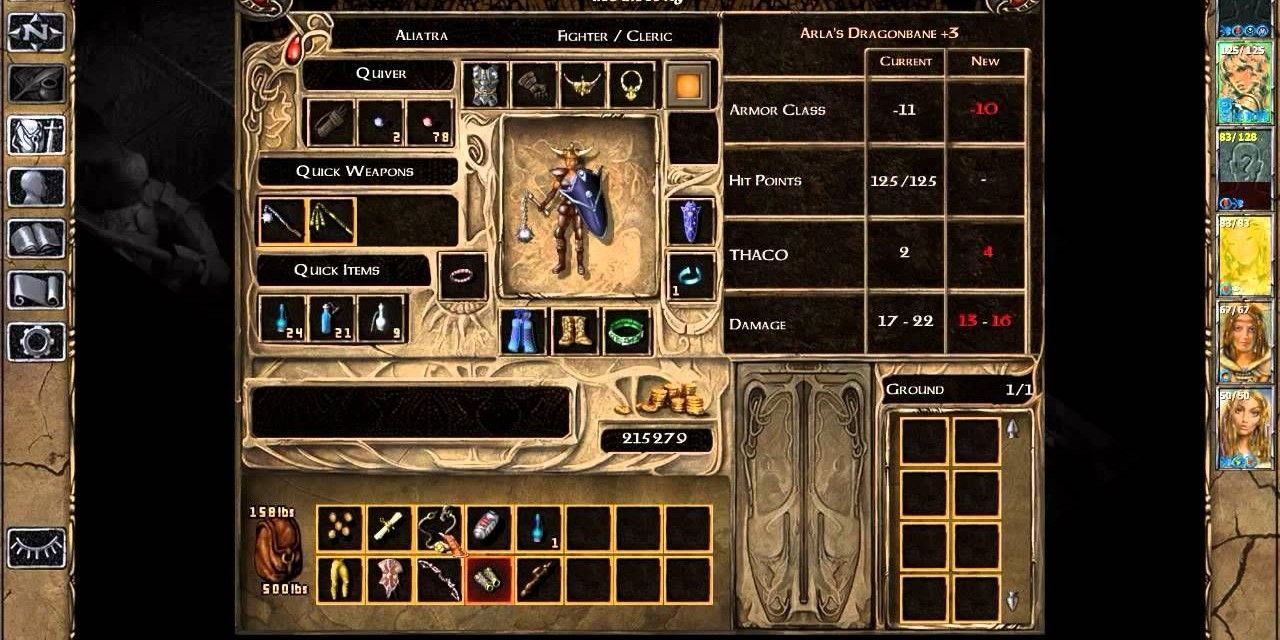
What’s in a name, asked no RPG player ever. Ted was a friendly denizen in the original Baldur’s Gate but he was only labeled as “Hunter.” After a few weird twists and turns, he finally became Ted thanks to some big-fixes introduced in the Enhanced Edition of the game. In the Tales of the Sword Coast expansion, he was given the name Palin, but there was already a wolfwere with that name living on an island only available in the expansion. Re-naming him Ted fixed that problem, but a newly introduced character in the Enhanced Edition is also named Palin, an oversight that remains unfixed. Not exactly amazing, but certainly strange.
2 Tazok’s Race And Alignment
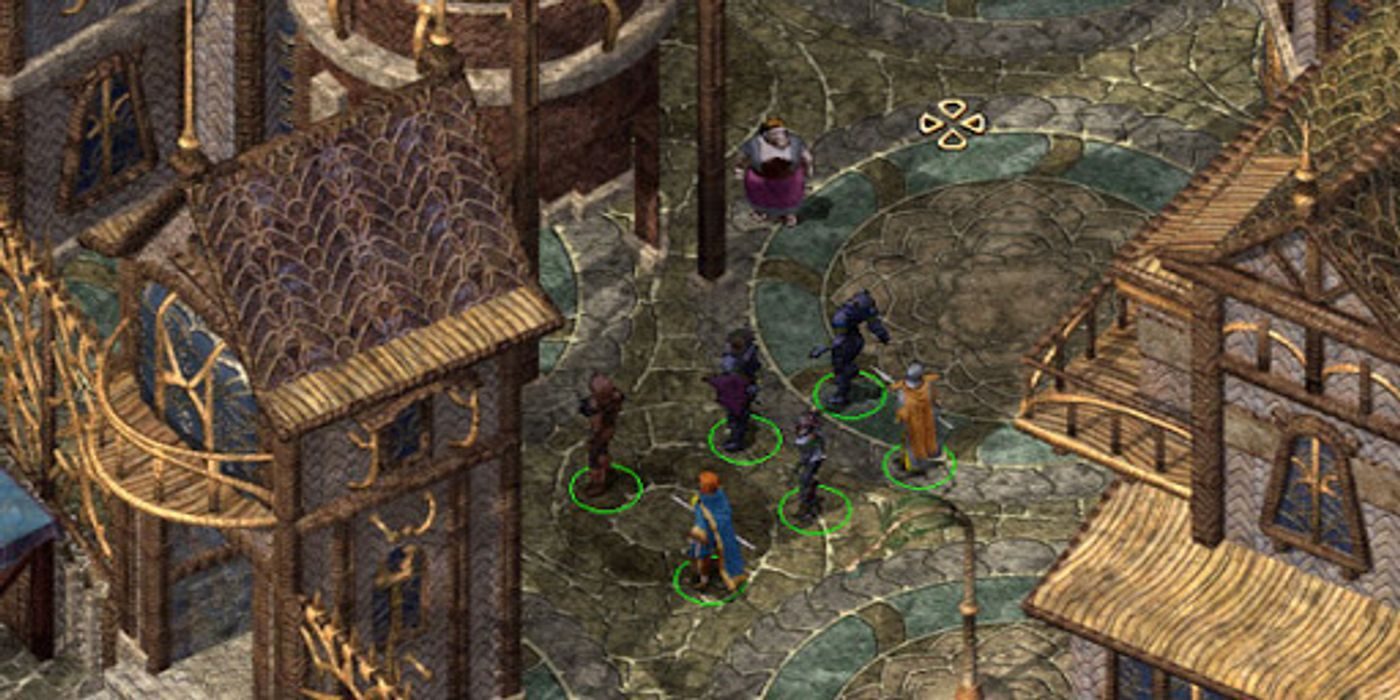
Other characters in later games like Viconia or Sarevok had character arcs that included a change of alignment, but Tazok did it before it was cool. This character goes through several cosmetic and lore-related changes throughout the course of the original games and the Enhanced Editions, not only regarding his alignment but also his race. Tazok appears to be an ogre in the original games, but he’s also referred to as a half-ogre. He’s officially listed as an ogre in the original and an orc sub-race known as an orog in the sequel, Shadows of Amn. Regarding his alignment, the change is a subtle one, always Evil but changing from Neutral to Chaotic depending on the version of the game.
1 Phandalyn’s Reputation Trap
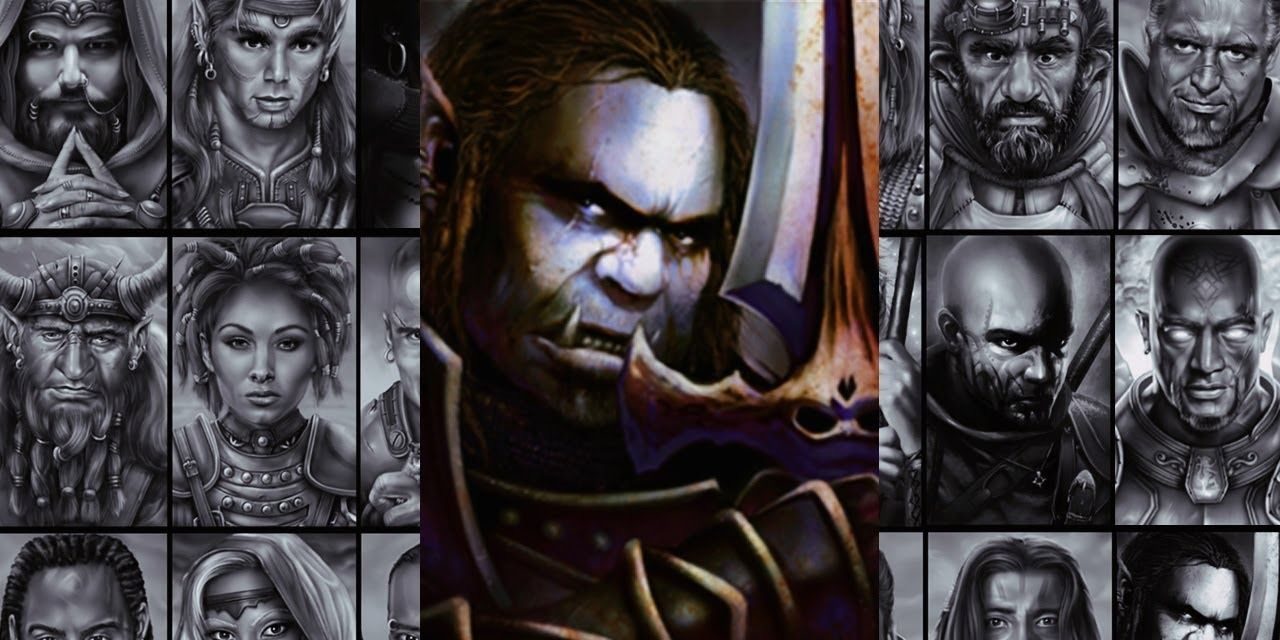
Everyone hates these, and they’re especially frustrating if the protagonist is an Evil moral alignment. There are several points in the game where the party will be attacked based on their popularity score, and although not all of these were cut from the game, there were some encounters we lost entirely.
In Baldur’s Gate, there’s a pesky paladin called Phandalyn that approaches the party in the Tavern and Inn in the city of Baldur’s Gate. If there’s even one Evil member in your arty, he attacks. In the original version, Phandalyn isn’t a true Paladin but an innocent, so the party doesn’t lose any rep for killing him. The Enhanced version corrects this, not only by making Phandalyn officially a Paladin but taking away 3 reputation points for killing him. That’s a shocking amount to lose in one turn.
NEXT: 10 Must-Have NPCs In Dungeons & Dragons Lore To Make Your Campaigns Awesome



